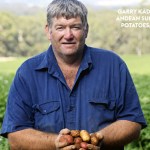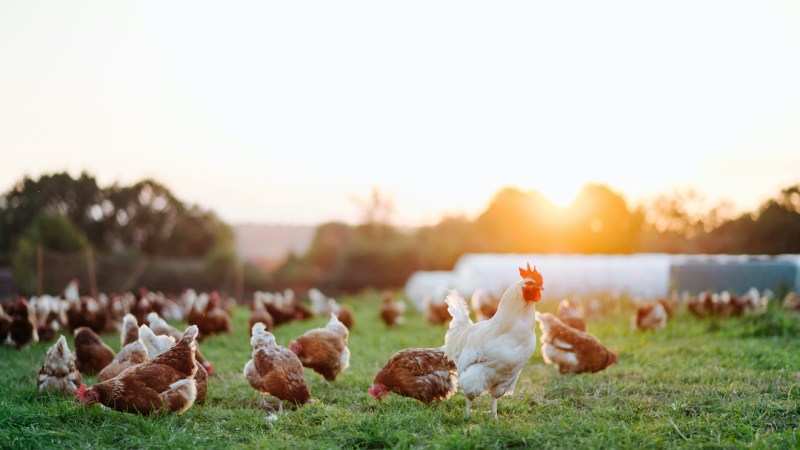After two decades of collaboration, Australia's national science agency and leading vegetable producer, Fresh Select,…
Beers from the bush are booming
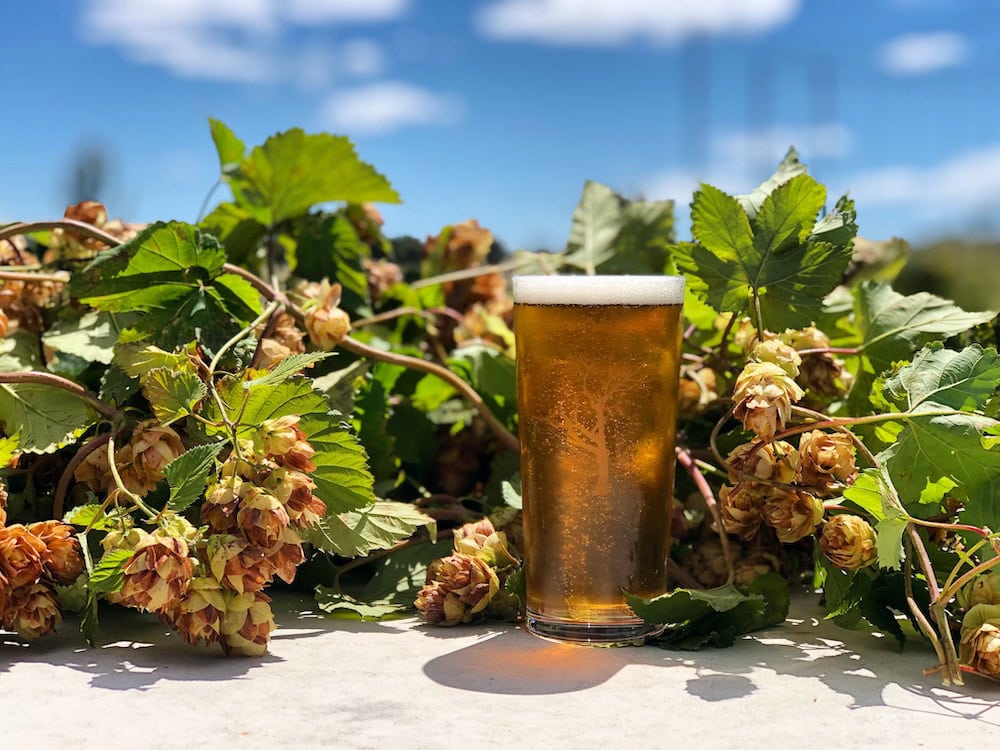
Australia’s craft beer industry really is going ballistic, and beers from the bush is a burgeoning sector.
According to the Independent Brewers Association, there are 533 craft breweries in the country with a new venue opening every seven days. Two-thirds of these businesses are based in regional areas and between them, they employ more than 2,000 people in the bush. Farmers are also getting a slice of the action by selling breweries the hops and barley that give their beer unique flavour profiles and cult following.
Meet two brewers and two farmers in regional NSW about how they got their foothold in this increasingly competitive industry.
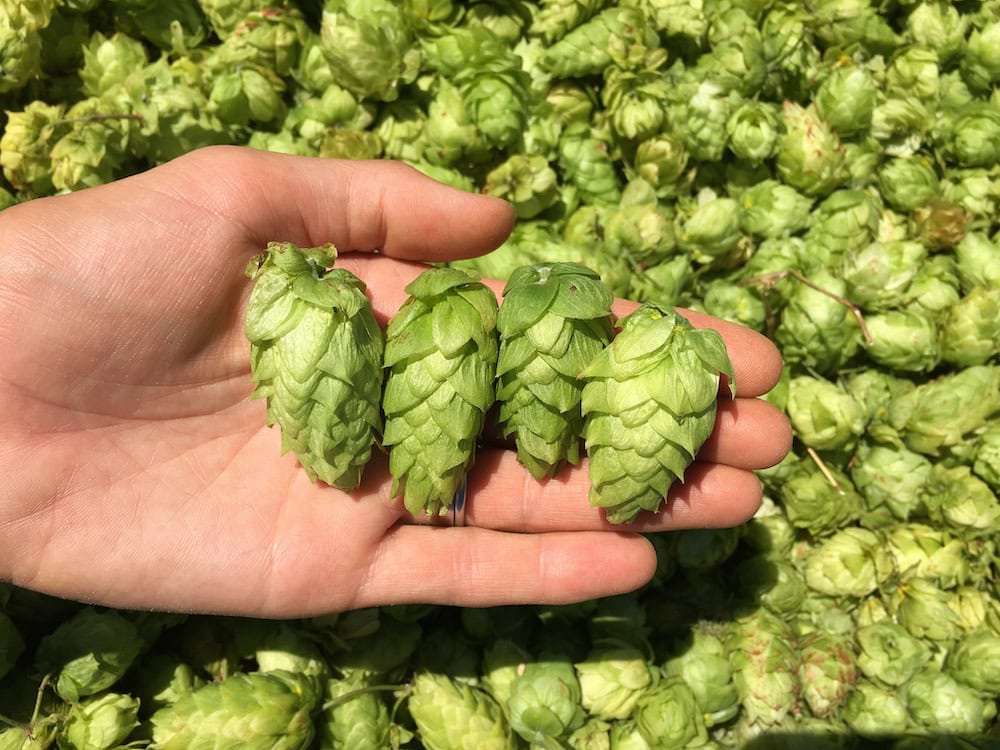
THE TEACHER
“I started brewing commercially in 2015 in the back of my shed and about two years later we moved to our current site,” says Sam Preston of Great Hops, a craft brewery, bar and cellar door in the City of Armidale.
“At first we sold our beer online. Then we opened a cellar door and in February of last year, we installed a new bar. The timing couldn’t have been worse but since the lockdowns ended things have really picked up.”
Sam Preston of Great Hops.
“We’re a two-person operation though we just hired our first assistant. We don’t have all the money in the world so we have had to be really creative with our marketing. Before we launched our mulberry beer, we told the locals we’d pay them $5 per kilo for mulberries – they grow like weeds around here. It was a marketing ploy to get people to know us but it worked really well. All the kids were running around collecting mulberries and we got lots of coverage on local TV – and 140kg of mulberries! We’ve also done a blueberry beer and a chilli beer. We bought the chillies from a farmer down the road.
Sam’s advice to anyone considering opening a craft brewery?

Photo courtesy of Deepwater Brewing.
“If you want to make lots of money, you’re in the wrong game,” he says. “I’m a teacher by trade and I still have to work at a local school one day a week to make ends meet.
“Craft brewing is about enjoyment. It’s about creating something for your local community and engaging them as much as you can,” he says. “Then they will support you because you will never be able to compete with the big fellas over price.”
THE HOPPING PIONEER
“About five years, I got together with two friends in the Illawarra Region where we all live to plant an acre of hops plants on a vacant dairy farm not far from Bemboka, in the Bega Valley,” says Karen Taylor of Ryefield Hops, the first independent hops farm in the state specifically created to supply craft breweries.
“We studied the climatic conditions required and Bemboka had the exact micro-climate we needed to grow great hops: long hot days in the summer and chilly nights. Another part of our research was contacting local brewers and asking them what kind of hops do they want to use. But the more popular hops varieties they mentioned like Galaxy are licensed to their inventors, so we had to narrow our search to non-proprietary varieties from different parts of the world that would grow well here. We now grow seven kinds of hops. The bestsellers are Cascade and Saaz.
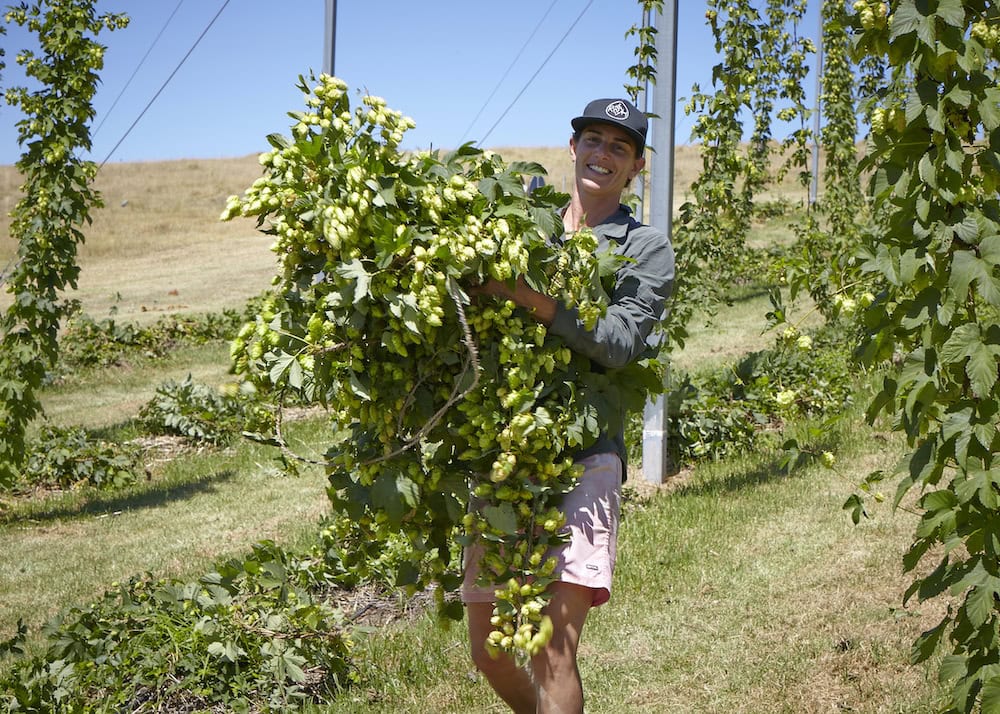
“The hardest thing about growing hops is harvest time,” says Karen. “Hops plants grow vertically on trellises six metres high and you have to pick them at a critical time: there’s a 10-day window to pick them before they start to rot.
“We were doing it by hand in the first few years so we found it difficult to increase the size of the farm. But last year we invested in a second-hand mechanical harvester from New Zealand and that allowed us to really expand. We now have 12 acres but it still isn’t enough to meet demand because there are so many craft breweries out there that want to use locally grown inputs.
“If there were another 10 independent hops growers in our area, we wouldn’t lose a single cent in sales. They’d be complementary to our operation and turn Bemboka into a hops-growing region.”
Karen Taylor of Ryefield Hops.
THE MALT CONNOISSEUR
“I’ve been brewing at my home for 15-plus years but about three years ago I started brewing commercially,” says Josh King of King Tide Brewing in Coffs Harbour. “We’re a gypsy brewer in that we brew our beers at another brewer’s plant in Port Macquarie. But we’re planning to open our own brewery and gastropub in town this year.
“For our malted barley, we source it from a few different places,” Josh says. “Our pale ale is made with a malt called Compass that’s grown and malted at Voyager Craft Malt in Barellan. “It has a terrific flavour profile and is consistently at a really high quality – it gives our beer that fuller malt complexity that we are trying to achieve.”
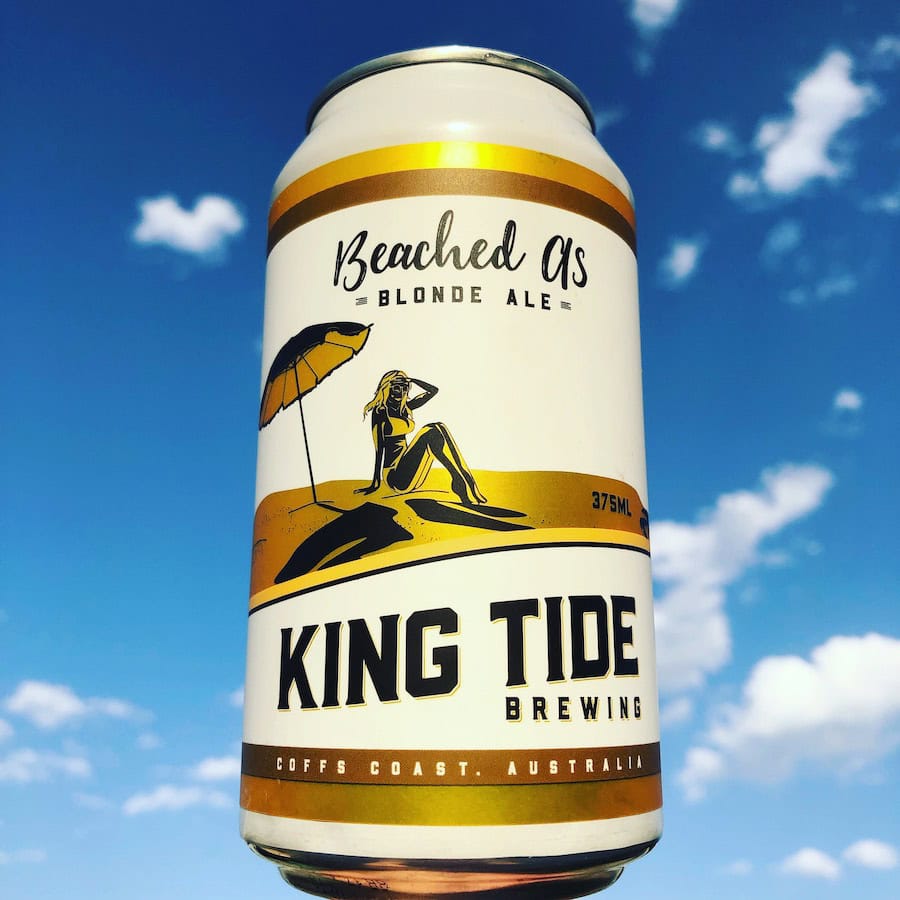
Josh explains that buying malt locally is a little bit more expensive than buying on the open market in bulk. “But if you look at the big picture, when people come to our cellar door and try our beers, they like hearing about how we support local businesses, and Voyager is as local as you can get.”
Josh also buys some of the hops from overseas because of the unique characters they bring.
“Brewing is very different from wine-making where you have to buy your grapes from your country or region,” he says.
“American hops are a great example, as they’re resiny and piney. New Zealand hops give craft beer an incredibly unique characteristic that is difficult to get out of Aussie hops, and if you want a noble flavour, you can only get that out of European hops.
“That’s the most exciting thing about craft brewing. You can really capture flavours from different parts of the world no matter where your brewery is located.”
Josh King of King Tide Brewing in Coffs Harbour
THE GRAIN TRADER
Angus Groves is a grain trader based in Central West NSW, who also runs Barrington Hops, a small hops farm located at the foothills of UNESCO World Heritage-listed Barrington Tops National Park. He purchases grains from big farms and exports them around the world.
“About three years ago, I started a venture with two mates who also work in agriculture to try to grow hops at Barrington,” he explains.
“We planted 150 hops plants in that first year, and things went really well right from the start because the demand for locally grown hops is so strong. The breweries near us in the Hunter Valley and Mid-North Coast take our entire harvest every year and use it within the first month of production, which is why we’re scaling up so fast.”
Angus Groves – a grain trader based in Central West NSW who runs Barrington Hops.
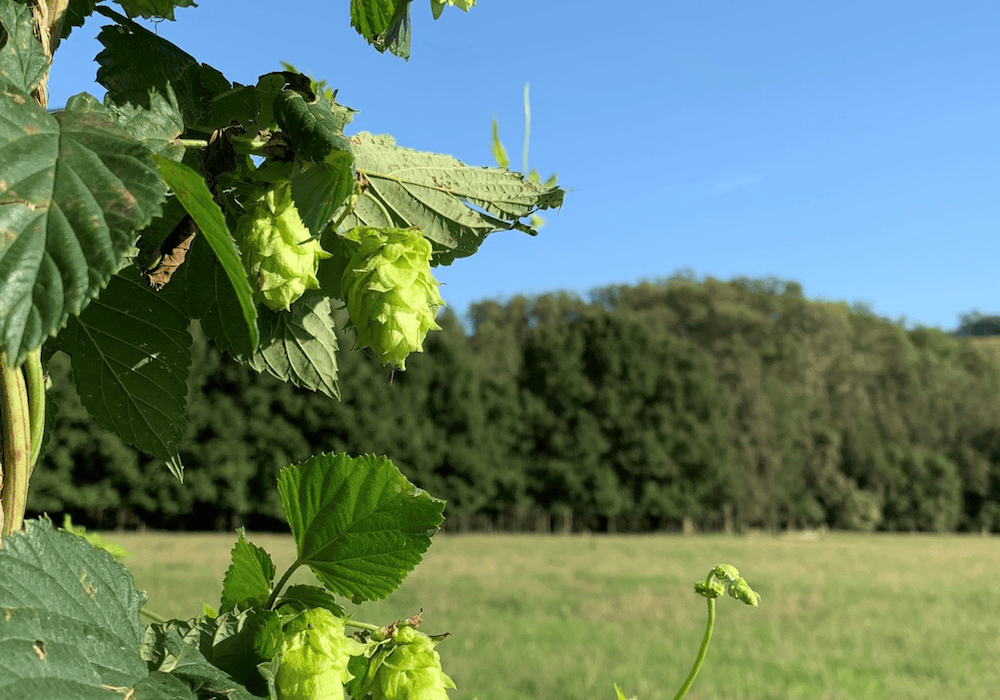
The company is now in its third season and has about 1,000 plants.
“But hops are very labour intensive, especially in the summer when you have to pick them,” Angus says.
“Hops are very land-intensive too. You can’t sew hop plants on such broad acres as you do with wheat or barley. They are a perennial horticultural crop – growing more like apple orchards or grapes, and live for up to 25 years.”
Angus Groves – a grain trader based in Central West NSW who runs Barrington Hops.
Angus explains that you get Hops flowers in the first year after planting but they don’t reach maturity until the third or fourth year. “So the cost to establish a hops farm is quite large at the start, and this prohibits most farmers from trying to grow them on a commercial scale,” he says.
If you enjoyed this feature, you might like our story on the rise of the co-op.



